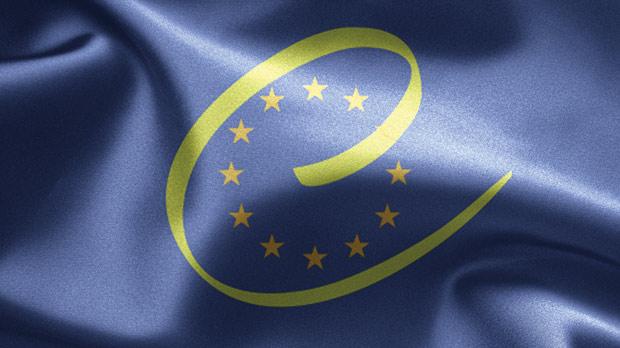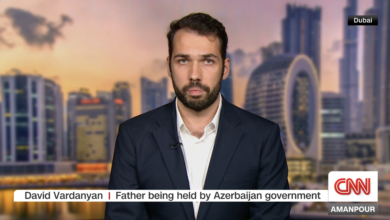CoE’s anti-racism commission welcoms efforts of the Armenian authorities to revise the Criminal Code

Armenia has shown determination in fighting racism and intolerance, integrating refugees and supporting ethnic minorities. However, numerous legislation gaps, rise in hate speech and violence, and institutional shortcomings remain of concern, said the European Commission against Racism and Intolerance (ECRI) in its new report published today.
The report covering the period from December 2010 to March 2016 welcomed the efforts of the Armenian authorities to revise the Criminal Code and draft comprehensive anti-discrimination legislation, integrate a large influx of refugees from Syria and increase the financial support for the ethnic minorities.
However, the criminal, civil and administrative legislation and procedures still suffer from numerous shortcomings which make it impossible to adequately combat racism and discrimination. The report notes a rise in hate speech leading to violence, main targets being members of the LGBT community and non-traditional religious groups, and the stigmatisation of these groups in the political and public discourse.
As priority recommendations to be followed up in two years, ECRI calls on the authorities to streamline the various integration strategies for all vulnerable groups, and to amend the Armenian criminal law. The list of “prohibited grounds” should explicitly include colour, language, nationality, national or ethnic origin, sexual orientation and gender identity. Besides, incitement to violence and to racial discrimination, as well as the public denial, trivialisation, justification or condoning of crimes of genocide, crimes against humanity and war crimes should be criminalised.
Other recommendations include making homophobic/transphobic motivation an aggravating circumstance; giving more powers to the Human Rights Defender to enable him/her to deal with discrimination in the private sector; establishing an independent mechanism for dealing with complaints against the police; and encouraging the adoption of a code of ethics for media and a code of conduct for parliamentarians.








